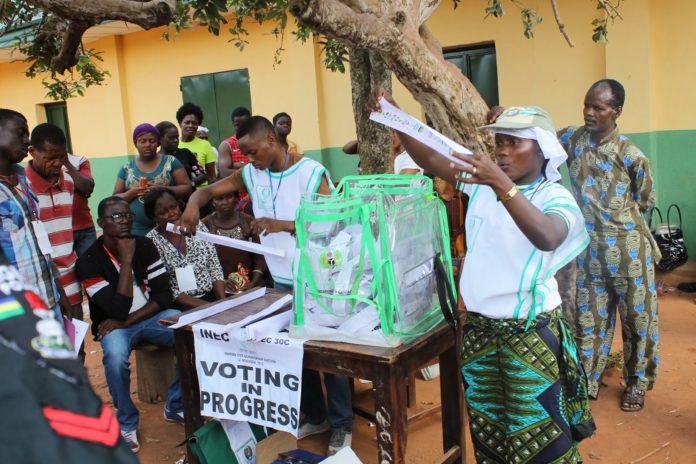Wikipedia described a politician as a person that is active in party politics, or a person holding or seeking an elected office in government. Politicians propose, support, reject, and create laws that govern the land and, by extension, its people. Broadly speaking, a politician can be anyone who seeks to achieve political power in a government.
But one twist to the definition of a politician that is popular in the United States of America is “a person who acts in a manipulative and devious way, typically to gain advancement within an organization”. Obviously we have those covered by this latter definition in abundance in Nigeria hence my preference to call them poli-tricians.
How do you know a political trickster?
When a man jumps from one party to another, not because of a merger but simply to further his own narrow political interest, he is best addressed as a political trickster or ‘poli-trictian’. If in doubt, how do you explain a man who has been in a particular party where he occupied various elective and appointive positions for years, at the expense of others who are equally qualified, but choose to jump ship once he fails to have his way and then starts abusing the party and his former comrades?
I watched HE Peter Obi recently during an interview with a cable channel television where the anchor tried very hard to force him to speak negatively about the party (PDP) he left weeks ago, yet, the man insisted on selling his message of production for economic renaissance. His attitude inspired this article because if he was the typical Nigerian politician, he would have seized the moment to make headline comments.
Indeed, it dawned on me that even when he left APGA for PDP he never said any negative thing about APGA. It takes character to consistently be yourself in an environment where most people believe that you have to be like others to make progress.
Obi has character and apparently there are many like him still in the political space.
Can we say the same thing about many of those who didn’t make it during the last party primaries and have suddenly discovered that the political vehicle they used to come to limelight is bad yet they remained there for donkey years?
If a man is part of a political system, he must choose to change the system, if bad, rather than allowing the system to change him. That you hibernated in a supposedly bad system for years, promoted and benefitted from that system only to condemn it when you have setbacks with your immediate personal ambitions speaks to your character weakness and non-fitness for public office. When you benefitted from the system while others have to wait for you, it was perfect but once it is your turn to wait for others you disparage the system!
I wish to advise voters that if they want to totally change those leading them, they should not replace them with those who were part of the old order. Our national experience shows that those who desperately jump from party platform to another end up being terrible leaders. In most cases, they only want to acquire power so they can continue to milk the system dry. They are like most critics who are adept at criticizing but fail to achieve anything when given power.
When you see a politician focus his energy on criticizing others without clearly pointing out what he is going to do, run, run, run. Similarly, when you see a political turncoat who is more interested in criticizing his old political platform, just know that the individual has no character. It is more dangerous to vote for a man without character than a poor performer in office.
One major reason for our slow political growth in Nigeria is the frequent rechristening and recycling of the same folks we hitherto described as political failures. If a leader failed while he was in a particular Party, there is no way he can become a better leader simply because he is now in another Party. Indeed, it is better to support a hitherto ‘failed’ Party that has presented new leaders than a new Party that is made up of forner members of the ‘failed’ Party. Politics and leadership have more to do with people than nomenclature.
